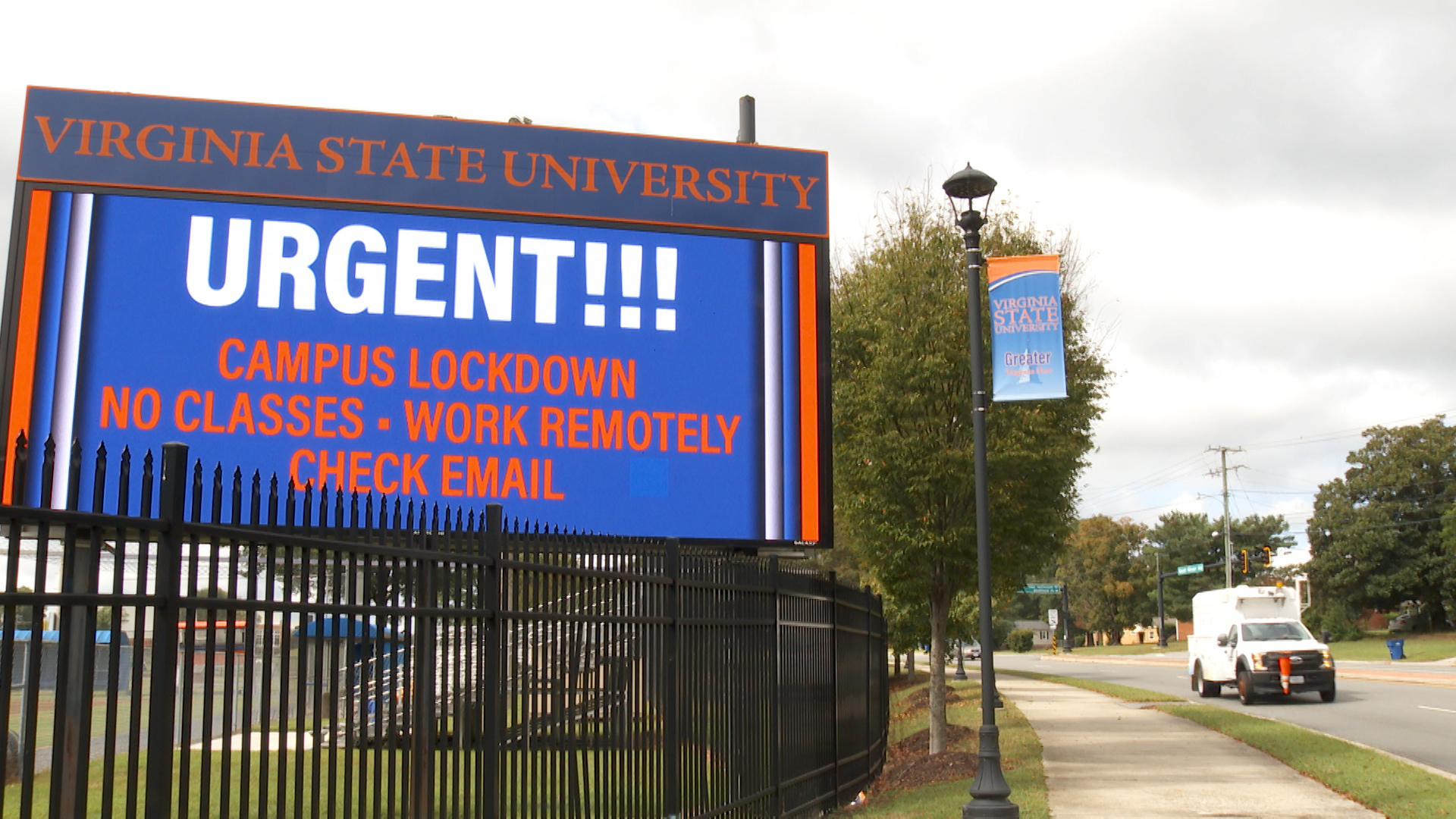The vision is seductive: a digitally integrated Lagos with smart traffic systems, widespread public Wi-Fi, e-governance, and data-driven infrastructure. Governor Babajide Sanwo-Olu often talks about this tech-forward future. But how close is Lagos to truly becoming Africa’s first smart city? We look at the progress, the hype, and the massive obstacles still in the way.
The Progress: Reasons for Hope
Some tangible steps have been taken:
- Lagos State DNA Law: This provides a framework for collecting citizen data, which is the bedrock of any smart city initiative.
- E-Governance: Initiatives like the Land Use Charge payment portal and the Drone Injection Program show a move towards digital government services.
- Tech Ecosystem: Lagos is undeniably the tech startup capital of Africa, creating innovation and talent that could fuel a smart transition.
The Hype vs. The Reality: The Giant Obstacles
For all the talk, the reality on the ground tells a different story.
- Epic Traffic & Transportation: The core of a smart city is efficient mobility. Lagos’s traffic is legendary for its inefficiency. The blue rail line is a good start, but it’s a single line in a massive metropolis.
- Unplanned Urban Sprawl: Smart cities are built on data and planning. Lagos grew organically and chaotically, making it incredibly difficult to retrofit with smart infrastructure.
- The Electricity Crisis: How can you have a digital city with constant power outages? Smart sensors, traffic lights, and public Wi-Fi require reliable electricity 24/7.
- Data & Cost: The investment required to install sensors city-wide is astronomical. Who pays for it? And with the digital divide, will a smart city only serve the elite?
The Verdict: A Long Road Ahead
Lagos has the ambition and the tech talent to eventually become a smart city. However, it must solve its most basic problems first: constant power, efficient transportation, and planned urban management. The smart city vision is a marathon, not a sprint. Right now, Lagos is still lacing up its shoes while dealing with a flood on the track. It’s a future possibility, but 2024 is not the year it will happen.




















